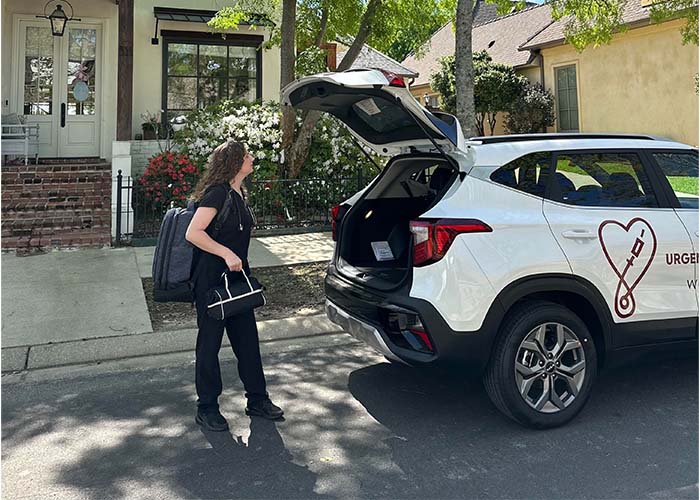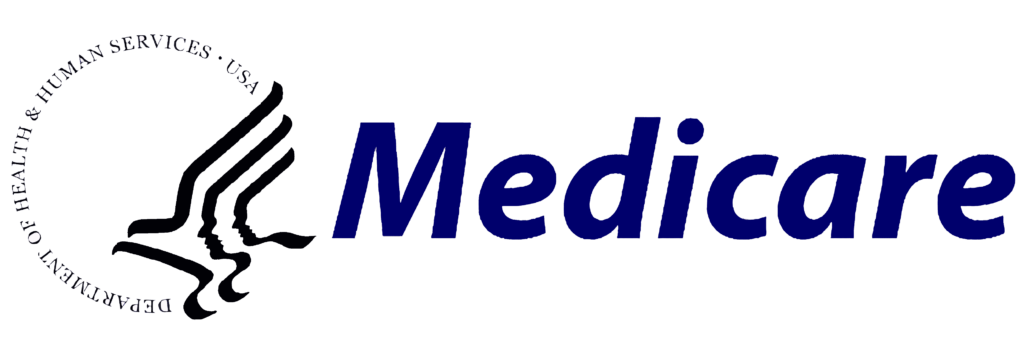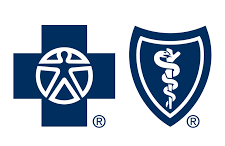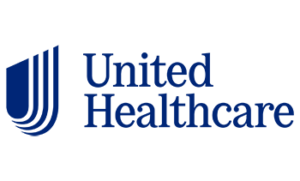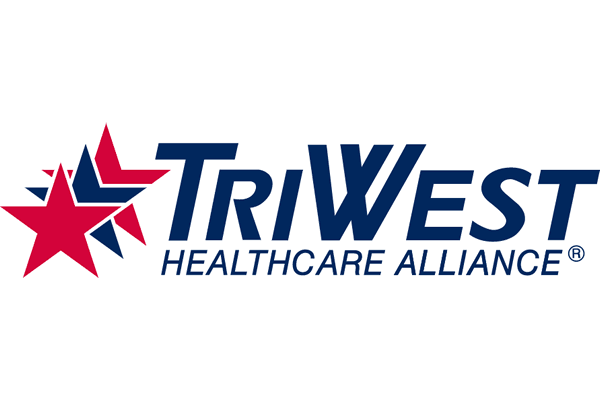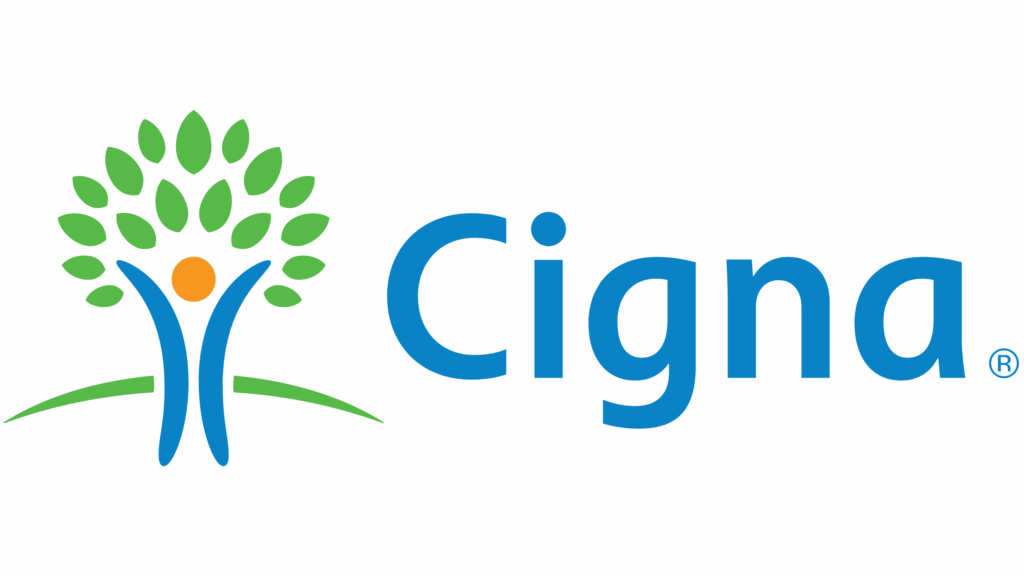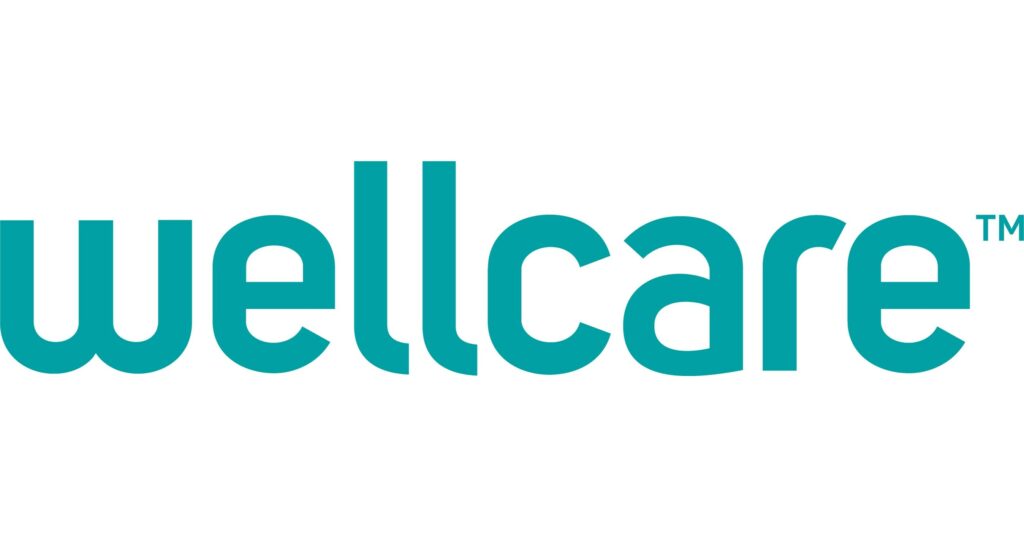Covid 19
- Skip The Waiting Room
- No Exposure To Other Sick Patients
- No Patient Travel Is Required

In-Home Care of Coronavirus (COVID-19)
Caring for a loved one with COVID-19 at home can be daunting, but understanding the symptoms, following essential care tips, and knowing when to seek emergency help can make a significant difference. Here’s a comprehensive guide to help you through this challenging time.
Common Symptoms of COVID-19
Monitor these symptoms closely to ensure timely action:
- Fever or chills
- Dry cough
- Shortness of breath or difficulty breathing
- Fatigue
- Muscle or body aches
- Loss of taste or smell
- Sore throat
- Congestion or runny nose
- Nausea or vomiting
- Diarrhea
- New confusion or inability to stay awake
- Persistent pain or pressure in the chest
- Bluish lips or face
Essential Tips for In-Home Care
Here are some critical steps to ensure the safety and recovery of a COVID-19 patient at home:
Isolation and Limiting Contact
- Isolate the patient: Keep them in a separate room and limit contact with others to prevent the spread.
- Use separate items: Ensure the patient uses their own utensils, towels, and bedding. Clean and disinfect these items regularly.
Monitoring and Medical Attention
- Monitor symptoms: Keep a close watch on the patient’s symptoms, particularly breathing difficulties. Seek medical attention if they worsen.
- Seek medical help: Follow local health guidelines on when to seek medical attention.
Rest and Hydration
- Ensure rest: Encourage the patient to get plenty of rest.
- Stay hydrated: Keep the patient well-hydrated with water, herbal teas, and clear broths.
Nutrition and Support
- Nutritious food: Provide a balanced diet to aid recovery and boost the immune system.
- Emotional support: Isolation can be challenging. Keep communication lines open and provide emotional support.
Hygiene and Prevention
- Use masks: Both the patient and caregivers should wear masks, especially in shared spaces.
- Clean regularly: Disinfect commonly touched surfaces and maintain good hygiene.
Emergency Signs Requiring Immediate Medical Attention
Be vigilant for these signs, which require urgent medical care:
- Difficulty breathing: Shortness of breath, even at rest.
- Persistent chest pain: Unrelenting chest pain or pressure.
- New confusion: Inability to wake or stay awake.
- Bluish lips or face: Indicating a lack of oxygen.
- Inability to eat or drink: Leading to dehydration.
- Severe weakness: Struggling to stand or carry out daily activities.
- High fever: Unresponsive to fever-reducing medications.
- Worsening symptoms: Beyond what is typical for COVID-19.
The Risks of Leaving COVID-19 Untreated
Ignoring or inadequately treating COVID-19 can lead to severe complications, such as:
- Pneumonia: Infection of the lungs causing difficulty breathing.
- Acute respiratory distress syndrome (ARDS): Severe respiratory failure.
- Organ failure: Such as kidney or liver failure.
- Persistent symptoms: Long-term effects commonly referred to as “Long COVID.”
- Increased mortality risk: Especially in vulnerable populations like the elderly or those with underlying conditions.
What You Need To Know
Proper care and monitoring at home can significantly aid in the recovery of a loved one with COVID-19. However, it is crucial to stay informed about the symptoms and seek medical attention when necessary. With proper care, support, and prevention measures, we can help our loved ones recover from this illness safely and minimize its impact on their health. Let’s continue to follow public health guidelines and take care of ourselves and each other during these challenging times. So let’s stay vigilant, stay informed, and stay safe!
Additional Resources
Here are some additional resources for further information on caring for someone with COVID-19 at home:
- [CDC Guidelines for Caring for Someone Sick at Home](https://www.cdc.gov/coron
Caring for a COVID-19 patient at home requires diligence, compassion, and adherence to recommended guidelines. By closely monitoring symptoms, providing essential care, and knowing when to seek emergency help, you can support a loved one’s recovery and keep your household safe.
For more detailed guidance and support, follow local health authorities’ recommendations and don’t hesitate to reach out for professional medical advice. Stay informed, stay safe, and take care.

